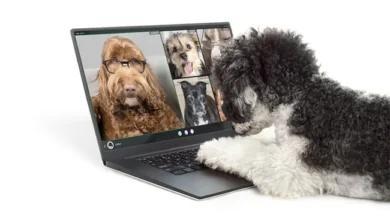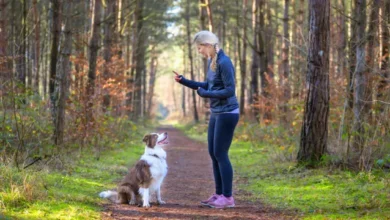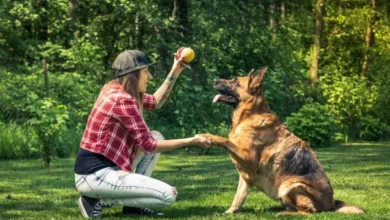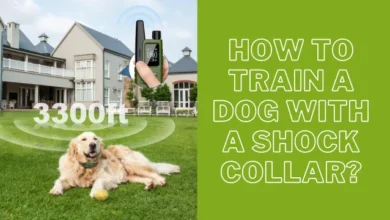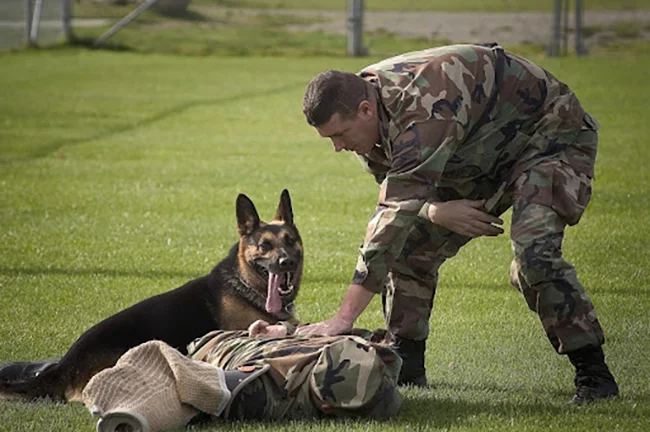
Are you planning on switching careers? If so, have you considered becoming an explosive detection canine handler?
The important job that the explosive detection canine handlers perform is to protect the public and keep everyone safe. Yup, becoming a canine officer would be a fun change of pace, wouldn’t it?
But before you commit, it’s necessary to understand what’s involved in the training. So keep reading and we will break down everything you need to know.
Let’s get started!
Must Love Dogs
Owning an explosive sniffing dog requires having a deep love and appreciation for working with dogs. This does not just require highly trained and skilled individuals. You must also have a strong bond and a special connection with canines.
A handler must have a good understanding of dog behavior, body language, and communication. This is to effectively work with these intelligent and sensitive animals.
Additionally, handlers must possess physical strength, adaptability, and patience to keep up with the intense training and demanding schedule of their canine partner.
This job is not just a career. It is a calling for those who truly love dogs and are committed to keeping our communities safe.
Experience Working and Training Dogs
To become an explosive detection canine handler, one must have a passion for working and training dogs. It is essential to have:
- Hands-on experience with dogs
- Knowledge of different breeds
- Behavior
- Training techniques
Volunteering at local shelters, working as a dog walker or trainer, or even owning pets can provide valuable experience in handling and working with dogs. Additionally, taking courses or workshops on dog behavior and training will be beneficial in developing the necessary skills and knowledge.
Building a strong foundation of experience with dogs will not only prepare individuals for the physical demands of being an explosive detection canine handler. It’ll also prepare you for the emotional and mental fortitude required for the job.
Consider Military Service or Law Enforcement
To become an Explosive Detection Canine (EDC) Handler, it is recommended to consider a career in either the military or law enforcement. These organizations provide in-depth training and experience in handling and working with detection canines.
In the military, individuals can join the Military Police or Special Forces. Here, they gain the necessary skills and certifications for EDC handling.
To work with an EOD dog, you must have at least two years of experience in the military or law enforcement. After being accepted into the program, you must go through an extensive training period with your canine partner. This will help you to learn how to read their body language and detect explosive materials.
Exploring How to Become an Explosive Detection Canine Handler
Becoming an explosive detection canine handler requires dedication, patience, and a strong work ethic. It is a rewarding and fulfilling career that involves protecting others and working closely with highly trained and intelligent dogs.
If you have a passion for both working with animals and serving your community, consider pursuing this career path. Take the first step towards a rewarding career by researching and contacting local law enforcement agencies or private security companies. Your future as an explosive detection canine handler awaits!
Was this article helpful? If so, check out the rest of our site for more informative content.
